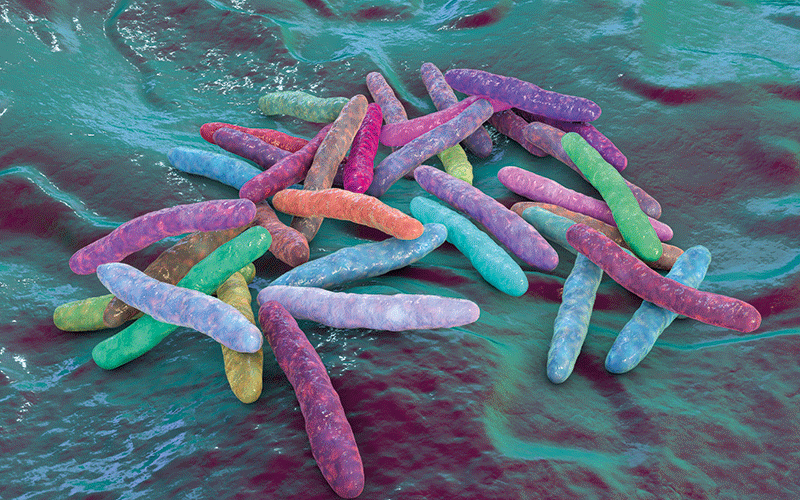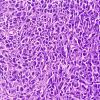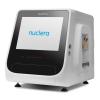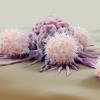In a new paper, scientists have described a prototype microfluidic lab-on-a-chip system called CAPTURE-XT that can process solubilised sputum from suspected TB patients, capture Mycobacterium tuberculosis (Mtb) bacilli for visual analysis (as a substitute for smear microscopy).

It can provide a purified sample for molecular confirmation by quantitative PCR and ultimately for genotypic drug-susceptibility analysis.
The technology relies on the principle of dielectrophoresis – a technique that can be tuned to selectively attract or repel specific particles or cells based upon their dielectric properties. In this case, it is the Mtb bacteria that cause TB that are captured and concentrated.
After optimisation using a panel of 50 characterised sputum samples, the performance of the prototype was assessed by a blinded screening of 100 characterised and bio-banked sputum samples.
Concordance with culture diagnosis was 100% for smear-negative samples and 87% for smear-positive samples. Of the smear-positive samples, the high burden sample concordance was 100%.
The team from St George’s University of London and medical technology company QuantuMDx say the results demonstrate the potential of the technology to provide a powerful sample preparation tool that could function as a front-end platform for enhanced molecular detection.




